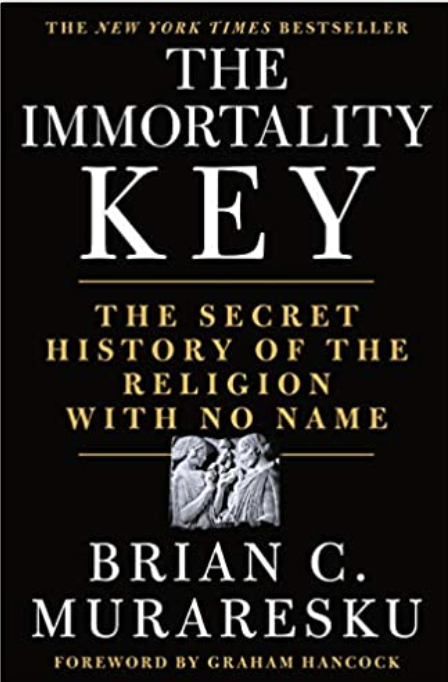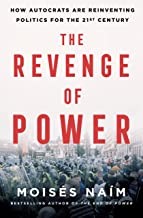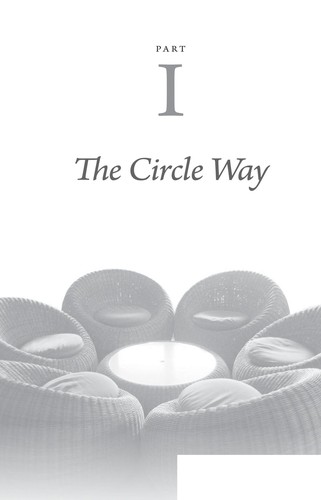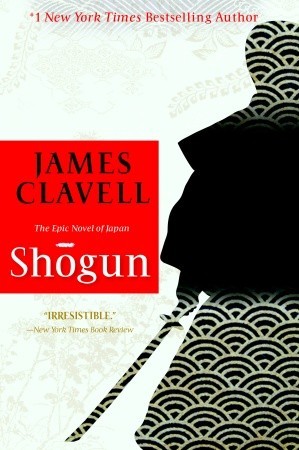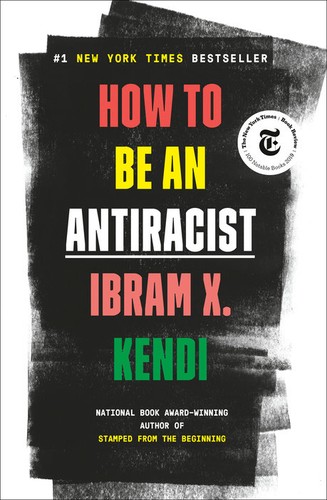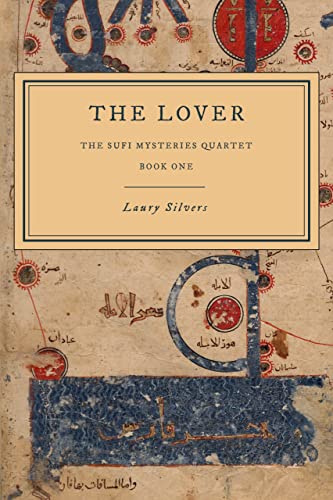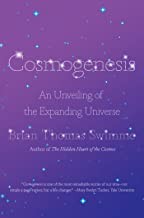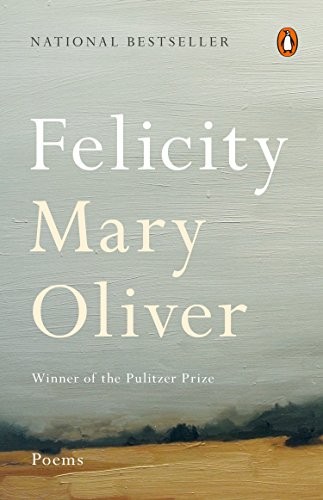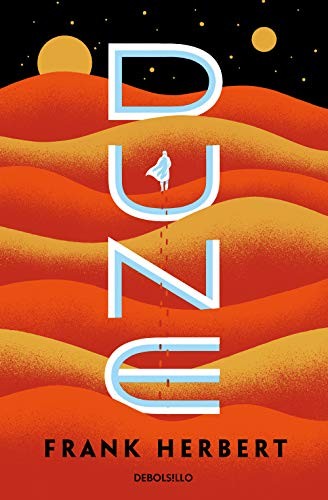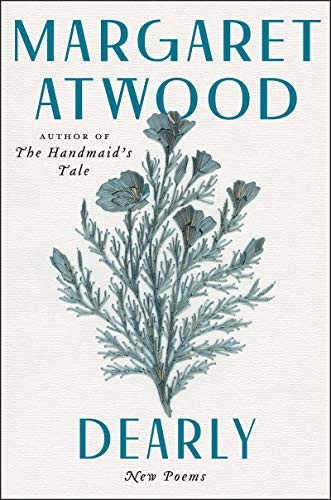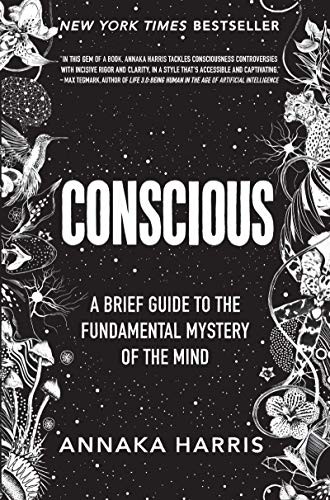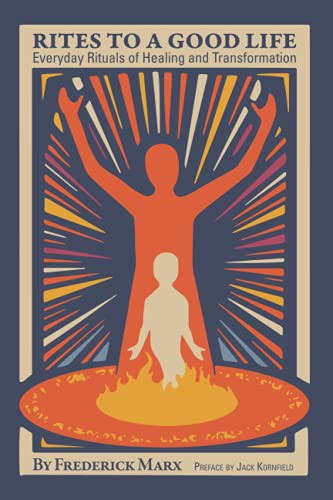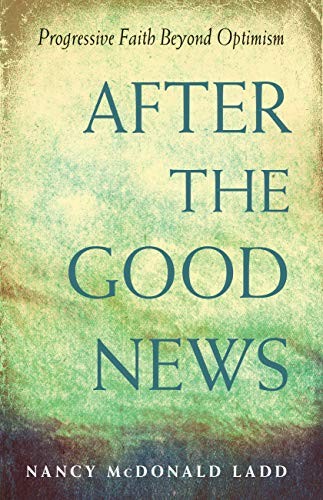Friedrichs’ debut novel was a true page-turner that kept me wondering what would happen next and dropped me into feeling again and again. This is a heartbreaking and heart-opening story, and while I don’t have children and have never endured an accident like what is portrayed in the book, I quickly identified with Nathan and Catherine’s relationship and needs and found myself exploring my own emotions around grief as the characters navigated theirs. The novel also includes welcome reveries where the children are forever represented in the natural world, especially in the stars.
There were a few unbelievable plot points (or maybe I just lack access to wealthy relatives and convenient business deals :-), and I’m still having trouble with the last scene in the Epilogue (apparently I need more time to heal - LOL), I do want to know what happens next and can imagine this as a movie.
User Profile
Slow reader. Picky reader. Categories include: History of Religions, Spirituality, Fantasy and Science Fiction, Historical Fiction. For example, Neil Gaiman, but not Terry Pratchett (I do love Good Omens); have never read Lord of the Rings all the way through; Lovecraft, but not Stephen King. Other authors I tend to enjoy: Neil Stephenson, Jeanette Winterson, Richard Powers, and I'm running out of time this evening, so come back later ;-)
This link opens in a pop-up window
EclecticWanderer's books
User Activity
RSS feed Back
EclecticWanderer started reading Cosmogenesis by Brian Thomas Swimme
EclecticWanderer started reading Sacred Nature by Karen Armstrong
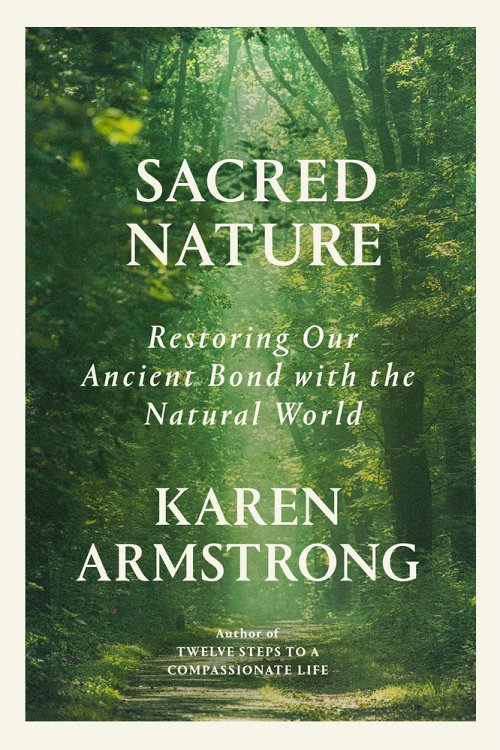
Sacred Nature by Karen Armstrong
"Since the beginning of time, humankind has looked upon nature and seen the divine. In the writings of the great …
EclecticWanderer rated Bewilderment: 5 stars
EclecticWanderer rated The gap of time: 4 stars
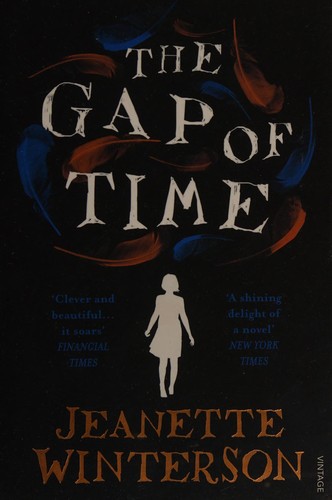
The gap of time by Jeanette Winterson (Hogarth Shakespeare)
'I saw the strangest sight tonight.' New Bohemia. America. A storm. A black man finds a white baby abandoned in …
EclecticWanderer rated Foundation and Empire: 4 stars
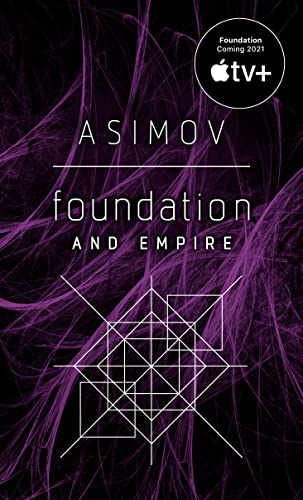
Foundation and Empire by Isaac Asimov
Led by its founding father, the great psychohistorian Hari Seldon, and taking advantage of its superior science and technology, the …
EclecticWanderer reviewed And the Stars Kept Watch by Peter Friedrichs
Review of 'And the Stars Kept Watch' on 'Goodreads'
5 stars
Friedrichs’ debut novel was a true page-turner that kept me wondering what would happen next and dropped me into feeling again and again. This is a heartbreaking and heart-opening story, and while I don’t have children and have never endured an accident like what is portrayed in the book, I quickly identified with Nathan and Catherine’s relationship and needs and found myself exploring my own emotions around grief as the characters navigated theirs. The novel also includes welcome reveries where the children are forever represented in the natural world, especially in the stars.
There were a few unbelievable plot points (or maybe I just lack access to wealthy relatives and convenient business deals :-), and I’m still having trouble with the last scene in the Epilogue (apparently I need more time to heal - LOL), I do want to know what happens next and can imagine this as a movie.
EclecticWanderer rated Felicity: 4 stars
EclecticWanderer rated Dune: 5 stars
EclecticWanderer rated Dearly: 5 stars
EclecticWanderer rated Conscious: 4 stars
EclecticWanderer reviewed S. by J. J. Abrams
Review of 'S.' on 'Goodreads'
4 stars
Quite the collection of love stories, wrapped in mysteries and including some horrific notes. This was my second time with the book, and this time I read the text first, and then read the marginalia in order. I read the inserts along with the first blue/black set of notes, which, while not an ideal, is a one approach (it means you'll likely read about something before it happens, though it can be difficult to know when to read something and when to let it be). Since it didn't make it through the marginalia on my first read, this time around I really got to know the two margin characters much better and enjoyed their unfolding relationship. The next time I read this, I think I'll start with marginalia and finish with the text of SoT itself. There are so many layers to this book that they'll be lost on me, …
Quite the collection of love stories, wrapped in mysteries and including some horrific notes. This was my second time with the book, and this time I read the text first, and then read the marginalia in order. I read the inserts along with the first blue/black set of notes, which, while not an ideal, is a one approach (it means you'll likely read about something before it happens, though it can be difficult to know when to read something and when to let it be). Since it didn't make it through the marginalia on my first read, this time around I really got to know the two margin characters much better and enjoyed their unfolding relationship. The next time I read this, I think I'll start with marginalia and finish with the text of SoT itself. There are so many layers to this book that they'll be lost on me, and I can keep coming back to the well and see what sticks. Enjoy your journey!
EclecticWanderer reviewed Rites to a Good Life by Jack Kornfield
Review of 'Rites to a Good Life' on 'Goodreads'
4 stars
I've read several books on ritual and spent a few years studying the mythopoetic landscape of Campbell, Meade, Bly, and others, so it was nice to dip back into that energy again while read Marx's book, which builds on their work.
He opens the door on his own life throughout the book, examining his own rites of passage, healthy and less-healthy. He also dialogues with others around the need for ritual and rites of passage. This diverse chorus of voices is a unique strength of the book and I enjoyed hearing their perspectives alongside the author's––so many new voices to me! Most chapters end with practical next steps, which are both a collection of things for one's self (e.g. practices for deepening your awareness in nature), and resources to help others (e.g. links to right of passage resources for small groups/communities).
While the book offers many rituals around various aspects …
I've read several books on ritual and spent a few years studying the mythopoetic landscape of Campbell, Meade, Bly, and others, so it was nice to dip back into that energy again while read Marx's book, which builds on their work.
He opens the door on his own life throughout the book, examining his own rites of passage, healthy and less-healthy. He also dialogues with others around the need for ritual and rites of passage. This diverse chorus of voices is a unique strength of the book and I enjoyed hearing their perspectives alongside the author's––so many new voices to me! Most chapters end with practical next steps, which are both a collection of things for one's self (e.g. practices for deepening your awareness in nature), and resources to help others (e.g. links to right of passage resources for small groups/communities).
While the book offers many rituals around various aspects of life, it seems to focus on preparing one to serve others, particularly boys, and to help guide them into more mature lives. I think this book would be particularly useful for therapists, counselors, religious educators, and parents––especially those who are wondering how best to serve their sons. Likewise, Marx's journey is in some ways the journey of many men, and so men and those who love them, may find it compelling from that perspective.
EclecticWanderer reviewed After the Good News by Nancy McDonald Ladd
Review of 'After the Good News' on 'Goodreads'
5 stars
A Must Read for Unitarian Universalists. A humbling reminder that our faith has been holding on to an overly optimistic world view that it inherited in the 19th century and still professes today. Ladd also offers rituals that have been lost form the UU liturgy for us to reclaim.
